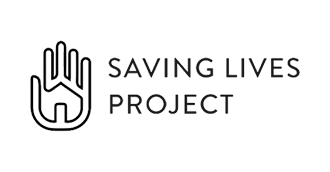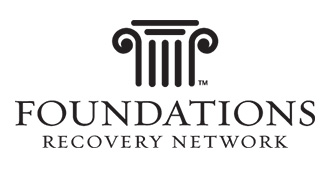Cannabis is often promoted as a drug with little-to-no downsides. As some states now have legalized cannabis, it's important for those in recovery to think about how this shift will affect them.
We're going to discuss some of the drawbacks of legal weed for those who have experienced substance abuse in the past and want to remain sober. This is a multi-faceted issue, though, so you may not get any clear-cut answers.
Marijuana is a substance with nuanced effects on society, business, and individuals. We'll explore some of those nuances below.
Cannabis Legalization and Recovery
Before we consider cannabis' effect on those in recovery, let's talk about it as an idea in the context of the wider population. It's important to remember that marijuana does have medicinal benefits, and some people are helped by using it. Chronic pain, nausea, epileptic seizures, anxiety, and depression are just a few of the illnesses that cannabis can help treat.
Additionally, it is a drug with huge popular demand. A large portion of Americans has tried and support the legalization of cannabis. The marijuana industry is predicted to grow to a worth of $16.9 billion globally, and the trend doesn't show signs of slowing.
Further, millions of individuals, disproportionally people of color, are incarcerated for cannabis-related crimes. While people of all races use marijuana at roughly the same rate, incarceration rates suggest a deep injustice. All of these positive aspects of cannabis legalization, though, don't outweigh the cons for individuals in recovery. Let's take a look at those cons:
1. It's Easy to Justify Using
Marijuana is a drug that is typically around when other drugs are being used. Whether you're at the bar or you're in the midst of an addiction to a hard drug, odds are you can access weed pretty quickly.
This weaves weed intimately into the picture of a person's addiction. Use of weed can also become an addiction, albeit one that takes on different characteristics. In other words, addiction to marijuana is typically psychological, as cannabis doesn't have distinct, physically addictive qualities.
At the same time, marijuana remains a drug. Just because something is legal and commonly used by your friends and family doesn't mean it won't disrupt your sobriety. Legalization will certainly lift the taboo of using weed, making it more difficult to say no in social environments.
2. Marijuana isn't for Everyone
In the same way that there are people who can't hold their liquor well, there are people who are affected by marijuana in a negative way.
Psychoactive drugs hold the potential for serious damage when they're used to the wrong degree and by the wrong people. Negative effects may be amplified by the increased strength of marijuana as well. Other people may be more prone to getting addicted. This addiction will be made more difficult by the fact that many people see cannabis as being entirely non-addictive.
Further, people might reason that cannabis isn't a drug that can be abused, thereby pushing sober individuals to consider using it and breaking sobriety.
Want to Learn More About Living Sober?
Sobriety is something that requires thought, effort, and a little research. If you're concerned that cannabis legalization might affect you in a negative way, it would do you well to do a little research.
Explore our blog for more information on sobriety and how you can continue to live your best life.






COMMENTS